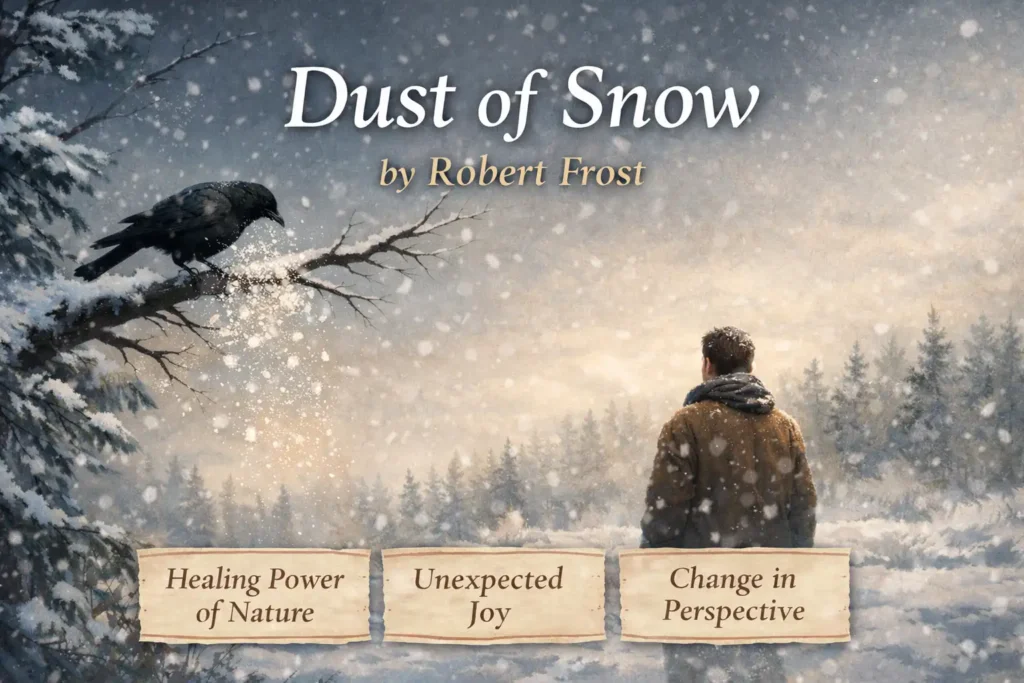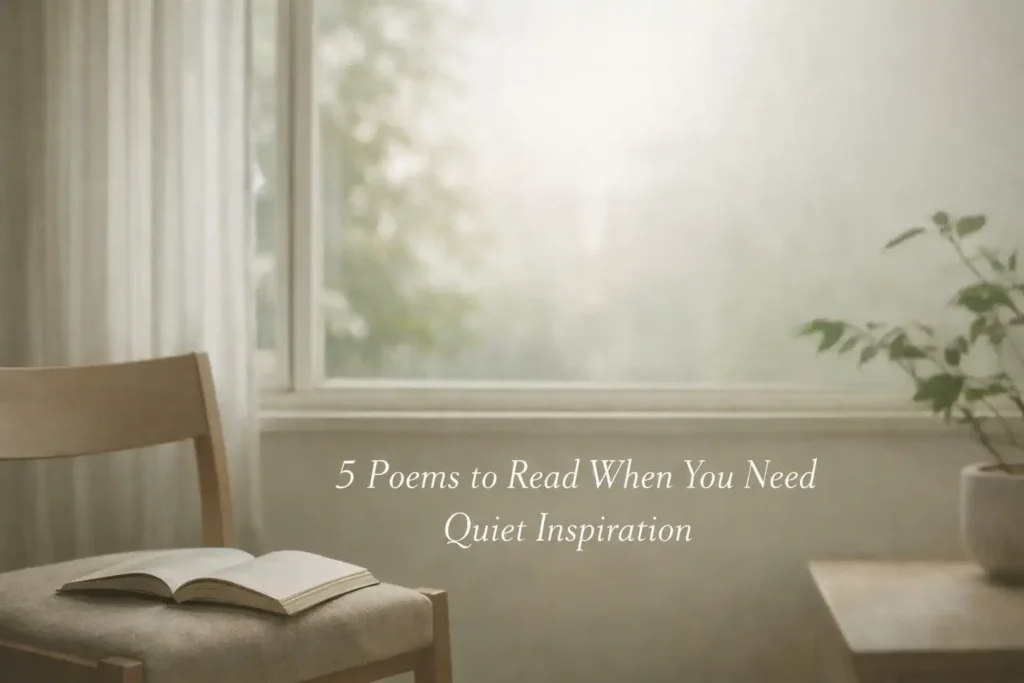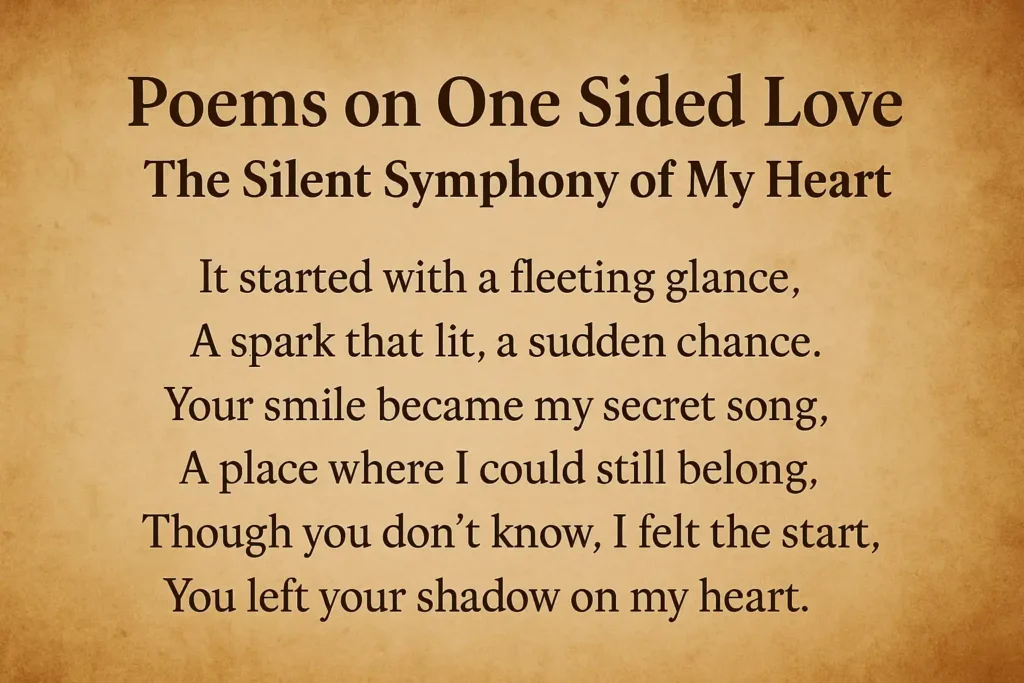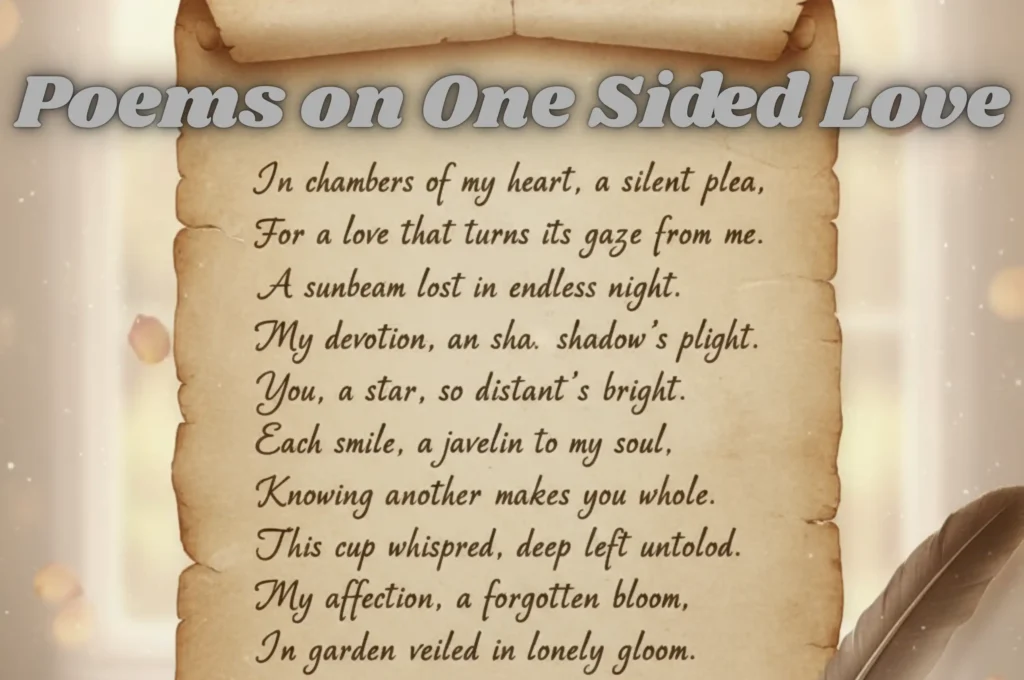A reminiscence by Anne Bronte. Explore the poem ‘A Reminiscence’ by Anne Brontë, a poignant and introspective piece that delves into the depths of memory, evoking feelings of nostalgia and melancholy. Through vivid imagery and evocative language, Brontë invites readers on a journey through her past, exploring the complexities of joy, sorrow, and longing. Discover how Brontë’s talent as a poet captures the essence of human emotions and leaves a lasting impact in the world of literature.
Back to Wikipedia: List of Brontë poems
Reminiscence is the process of recollecting or reflecting on past experiences, events, or memories. It involves recalling and sharing personal anecdotes, stories, or details from one’s own life or from the past in a nostalgic or reflective manner. Reminiscence can be a casual conversation with friends or family, a written memoir, or simply an internal reflection on one’s own memories. Unlike remembrance, which often focuses on honoring or commemorating specific individuals or events, reminiscence is more broadly about recalling and reliving moments from the past for personal reflection and understanding.
Explore Categories: Poems in English, Poetry
Table of Contents
“A Reminiscence” by Anne Brontë | Exploring Memory, Loss, and Longing
A Reminiscence Poem Lyrics
Yes, thou art gone and never more
~ A Reminiscence by ANNE BRONTË
Thy sunny smile shall gladden me;
But I may pass the old church door
And pace the floor that covers thee;
May stand upon the cold, damp stone,
And think that frozen lies below
The lightest heart that I have known,
The kindest I shall ever know.
Yet, though I cannot see thee more
‘Tis still a comfort to have seen,
And though thy transient life is o’er
‘Tis sweet to think that thou hast been;
To think a soul so near divine,
Within a form so angel fair
United to a heart like thine
Has gladdened once our humble sphere.
Source: The Poems of Anne Brontë (Rowman and Littlefield, 1979)
A Reminiscence Poem Meaning
A Reminiscence by Anne Bronte
Yes, thou art gone and never more
~ A Reminiscence by ANNE BRONTË
Thy sunny smile shall gladden me;
But I may pass the old church door
And pace the floor that covers thee;
Here, the speaker mourns the loss of the departed loved one, acknowledging that they are gone forever and their cheerful presence, symbolized by their “sunny smile,” will no longer bring joy to the speaker’s life. The use of “thou” adds a sense of intimacy and personal connection between the speaker and the departed, highlighting the depth of their relationship and the impact of the loss.
The speaker finds solace in the idea of being able to visit the final resting place of the departed loved one. The mention of passing “the old church door” suggests a specific location associated with the departed, likely a churchyard or cemetery where they have been laid to rest. By pacing “the floor that covers thee,” the speaker physically connects with the memory of the loved one, walking on the ground where they are buried. Despite the absence of the loved one’s physical presence, the speaker finds comfort and a sense of closeness in visiting their resting place, where they can reminisce and honor their memory.
Overall, within the context of Anne Brontë’s poem “Reminiscence,” these lines convey the speaker’s deep sense of loss and longing for the departed loved one, while also emphasizing the enduring connection through memories and the act of visiting their final resting place.
May stand upon the cold, damp stone,
~ A Reminiscence by ANNE BRONTË
And think that frozen lies below
The lightest heart that I have known,
The kindest I shall ever know.
The speaker imagines herself standing upon the cold and damp gravestone of the departed loved one. This image evokes the somber atmosphere of a cemetery or burial ground, where the physical remnants of the loved one’s existence now lie. The coldness and dampness of the stone serve as a stark reminder of the finality of death and the transitory nature of life.
Here, the speaker contemplates the profound truth that beneath the cold and frozen ground lies the remains of the departed loved one’s once vibrant and loving heart. The imagery of the heart being “frozen” emphasizes the cessation of life and the loss of warmth and vitality. The speaker reflects on the departed loved one’s gentle and compassionate nature, describing them as possessing the “lightest” and “kindest” heart the speaker has ever known or will ever know.
These lines encapsulate the speaker’s deep sense of loss and reverence for the departed loved one. They acknowledge the harsh reality of death while also cherishing the memory of the loved one’s innate goodness and the enduring impact of their presence in the speaker’s life. Through these lines, Anne Brontë captures the universal themes of mortality, grief, and the enduring power of love and memory.
Yet, though I cannot see thee more
~ A Reminiscence by ANNE BRONTË
‘Tis still a comfort to have seen,
And though thy transient life is o’er
‘Tis sweet to think that thou hast been;
The speaker acknowledges the inability to see the departed loved one anymore, indicating their physical absence from the speaker’s life. However, the speaker finds solace and comfort in the memories of having seen and known the loved one in the past. Even though they cannot be physically present anymore, the memories of their presence provide a sense of consolation and reassurance to the speaker.
Here, the speaker reflects on the impermanence of life and the fact that the departed loved one’s life was fleeting (“transient”). Despite the brevity of their existence, the speaker finds sweetness in the thought that the loved one once existed. The memories of their presence and the impact they had on the speaker’s life are cherished, serving as a source of comfort and gratitude.
Overall, these lines convey the speaker’s acceptance of the departed loved one’s absence while emphasizing the enduring significance of their existence and the memories shared with them. The speaker finds comfort and sweetness in the remembrance of the loved one’s presence, despite the passage of time and the finality of death. Through these lines, Anne Brontë captures the timeless themes of memory, loss, and the enduring power of love.
To think a soul so near divine,
~ A Reminiscence by ANNE BRONTË
Within a form so angel fair
United to a heart like thine
Has gladdened once our humble sphere.
Here, the speaker marvels at the exceptional nature of the departed loved one. The phrase “a soul so near divine” suggests that the loved one possessed quality that were almost divine or godlike in nature. Despite being human, they exhibited virtues and characteristics that were close to those traditionally associated with divinity. Additionally, the description of their physical appearance as “angel fair” further emphasizes their beauty and purity, likening them to an angelic being.
In these lines, the speaker acknowledges the harmonious union between the exceptional qualities of the loved one’s soul and their kind-hearted nature. The phrase “united to a heart like thine” suggests that the loved one’s inner qualities were aligned with their outward appearance, creating a cohesive and admirable whole. The speaker reflects on how the presence of such a remarkable individual brought joy and happiness to their surroundings, describing their impact as having “gladdened once our humble sphere.” The word “humble” underscores the modesty and simplicity of the speaker’s environment, while “sphere” refers to the world or community in which they live.
Overall, these lines express the speaker’s reverence for the departed loved one and their appreciation for the profound beauty and goodness they brought into their lives. The speaker marvels at the exceptional qualities of the loved one’s soul and appearance, recognizing the positive influence they had on their surroundings. Through these lines, Anne Brontë celebrates the enduring impact of love, kindness, and virtue in enriching the human experience.
A Reminiscence Summary
“A Reminiscence” by Anne Brontë is a reflective poem that explores the theme of remembering and cherishing the memory of a departed loved one. The speaker reminisces about the presence of this loved one and finds solace in recalling their virtues and the joy they brought to their surroundings. The poem conveys a sense of longing and nostalgia for the departed while also celebrating the enduring impact of their presence. Through vivid imagery and heartfelt language, Anne Brontë captures the universal experience of grief, remembrance, and the power of love to transcend the boundaries of time and space.
Death and dying are universal human experiences that evoke a range of emotions, including grief, loss, and reflection. In resonance with Anne Brontë’s poem “Reminiscence,” death is portrayed as a natural part of life’s cycle, but one that leaves a profound impact on those left behind.
The poem captures the essence of death and dying through its exploration of memories and the enduring presence of the departed loved one. Death is depicted as a moment of separation, where physical presence is lost, but the memories and influence of the departed remain vivid and cherished by those who remain.
The process of dying is often accompanied by a mix of emotions, both for the dying individual and their loved ones. It can involve moments of reflection, reconciliation, and acceptance, as well as feelings of sadness, fear, and uncertainty. However, as depicted in the poem, there is also a sense of comfort and solace in the memories of the departed, and a recognition of the beauty and goodness they brought into the world during their time on earth.
Ultimately, death and dying are portrayed in the poem as integral aspects of the human experience, reminding us of the fragility and preciousness of life, while also emphasizing the enduring power of love, memory, and remembrance to transcend the physical boundaries of mortality.
Keywords: A Reminiscence by Anne Bronte, ‘A Reminiscence’ by Anne Brontë, A Reminiscence Poem, A Reminiscence Poem Meaning, A Reminiscence Summary



















